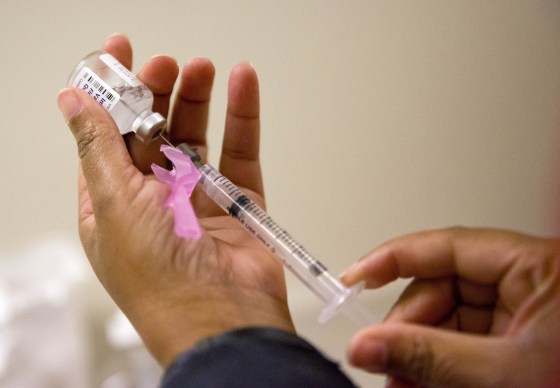U.S. Delays Essential Flu Data Submission to WHO Amid Vaccine Planning
Atlanta, Georgia – In a development raising concerns among global health experts, the U.S. Centers for Disease Control and Prevention (CDC) has not provided critical seasonal influenza data to the World Health Organization (WHO) ahead of a pivotal vaccine formulation meeting. This delay could impact the selection of strains for the upcoming flu season’s vaccines.
Disruption in Data Sharing
Since late January 2025, the CDC has ceased its routine communication of influenza surveillance data through established global platforms, including the WHO’s FluNet system. Maria Van Kerkhove, WHO’s Director of Epidemic and Pandemic Preparedness and Prevention, stated, “We are communicating with them, but we haven’t heard anything back.” This interruption follows the U.S. administration’s announcement to withdraw from the WHO on January 20, 2025.
Implications for Vaccine Development
The WHO’s annual consultation for Northern Hemisphere vaccine composition relies heavily on data from national influenza centers worldwide, including those in the United States. The absence of current U.S. data may hinder the accurate assessment of circulating flu strains, potentially affecting vaccine effectiveness for the 2025-2026 season. Despite the data gap, the WHO plans to proceed with its vaccine strain selection meeting on February 28, 2025. Van Kerkhove noted that previous U.S. virus samples would still inform the process, stating, “There won’t be a blind spot regarding viruses circulating in the United States.”
Concerns Among Health Professionals
Healthcare providers express alarm over the CDC’s sudden silence, especially amid a severe flu season and concurrent avian influenza outbreaks. Dr. Sonya Stokes, an emergency physician in the Bay Area, emphasized the challenges posed by the lack of information: “Without more information, we are blind.” The CDC’s usual channels for disseminating urgent health information, such as the Health Alert Network and the Morbidity and Mortality Weekly Report, have also stalled, leaving clinicians without essential guidance.
Calls for Transparency and Action
Public health experts are urging an immediate investigation into the delays and a restoration of data sharing to safeguard both national and global health. Rachel Hardeman, a member of the CDC’s Advisory Committee to the Director, described the situation as “incredibly disturbing” and emphasized the CDC’s vital role in national security. The lack of timely data not only hampers vaccine development but also impedes effective responses to ongoing influenza outbreaks.
Source : Swifteradio.com


